Topic: Poverty

How the Next Mayor Can Capitalize on Our City’s Best
The country’s poorest big city is nonetheless rich in other ways. Let’s find a mayor willing to combine Philadelphia’s successes with City services.
By Debra Weiner
Poverty Is Not Fashion
Why new fashion trends are insulting to poor people and how to actually help them
By Jemille Q. Duncan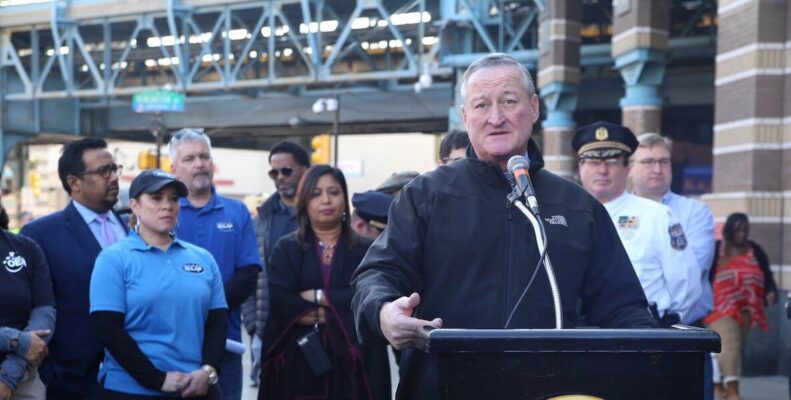
Philadelphia’s Opioid Addiction Failure
A New York Times article about a crippling new drug has drawn national attention (once again) to Kensington. A former city official who worked on the crisis under Jim Kenney takes the Mayor to task for his failure to solve the problem
By Josh Kruger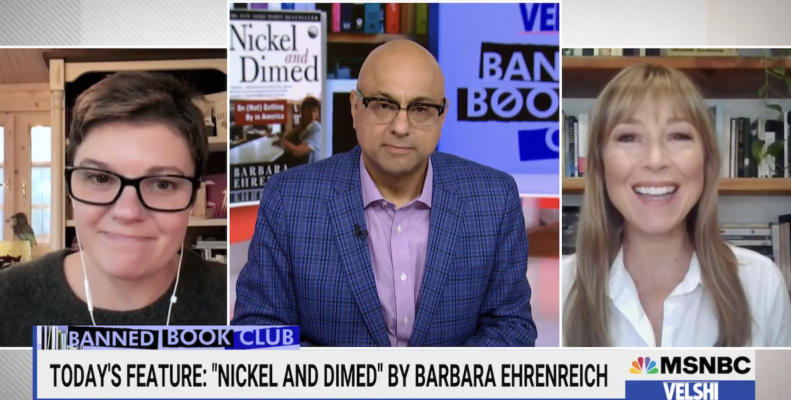
Ali Velshi Banned Book Club on Nickel and Dimed
Ali Velshi talks with the authors of Maid and Heartland about bans on books about poverty, such as Nickel and Dimed
By Ali Velshi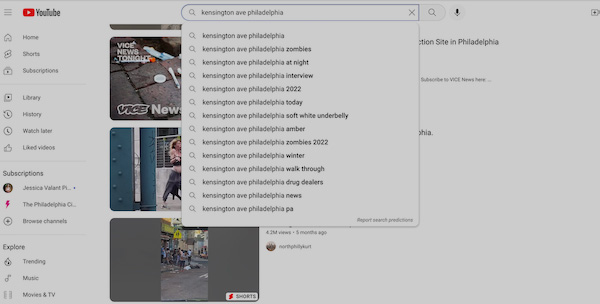
Kensington’s Trauma Porn Problem
YouTubers roaming Kensington to record human suffering there have built a cottage industry of crass global gawkers. What can Philly do about it?
By Nick Russo
Safe at Home
Philadelphia’s Eviction Diversion Program has become a model for cities around the country — and a lifesaver for Philadelphia families
By Jessica Blatt Press
Announcing Kenney 2.0
Jim Kenney can still reverse his legacy as a mayor who quit on his city. Here, the “Quality of Life” speech to Philadelphians he needs to make now.
By Larry Platt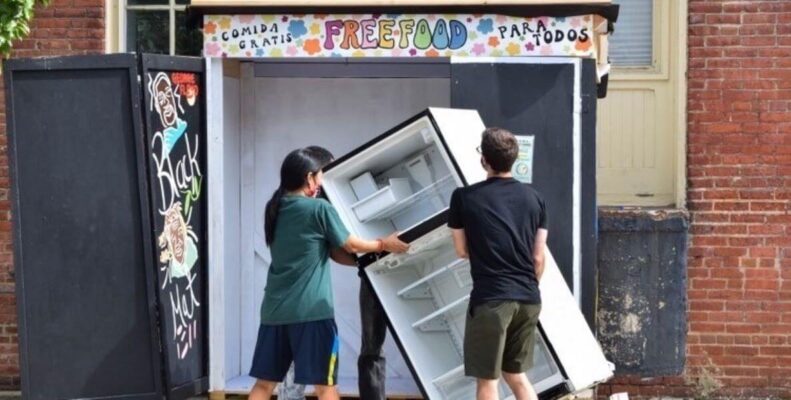
How a Community Fridge Built … a Community
Jane Ellis opened one of the city’s first community fridges at the start of Covid. Two years later, Germantown’s two free-to-all pantries testify to the power and promise of mutual aid
By Ethan Young
Mithsaika Napoleon
The Haiti-born soccer player and coach found her voice through Starfinder, a free Philly program that teaches kids how to play the beautiful game — and how to live a beautiful life
By Kai Englisch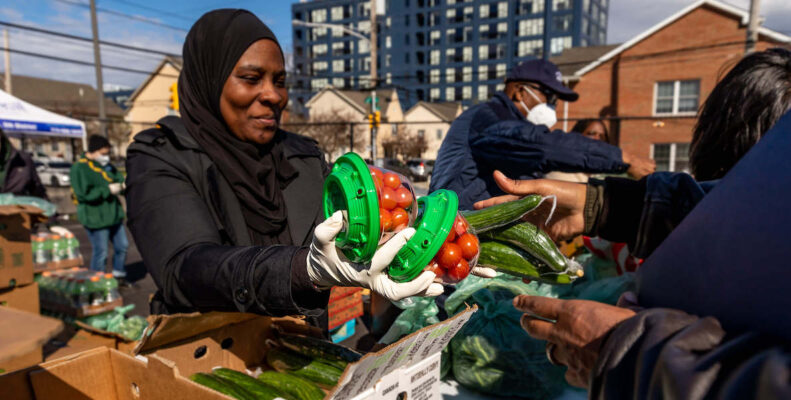
How to Fight Food Insecurity in Philly
Donate peanut butter! Organize a food drive! Sort cans! Here are 15 simple things you can do now to help food insecure citizens of Philadelphia.
By Christine Speer Lejeune
